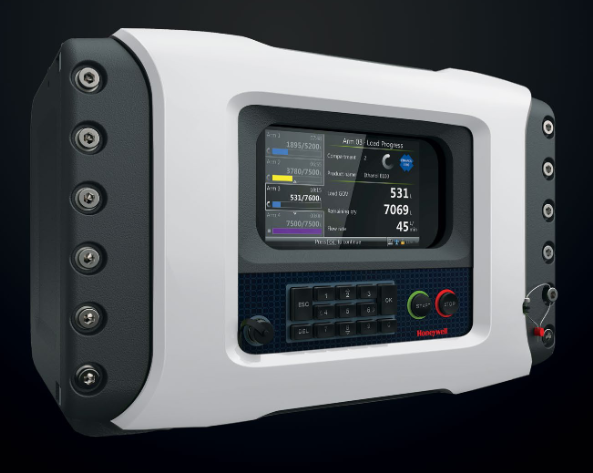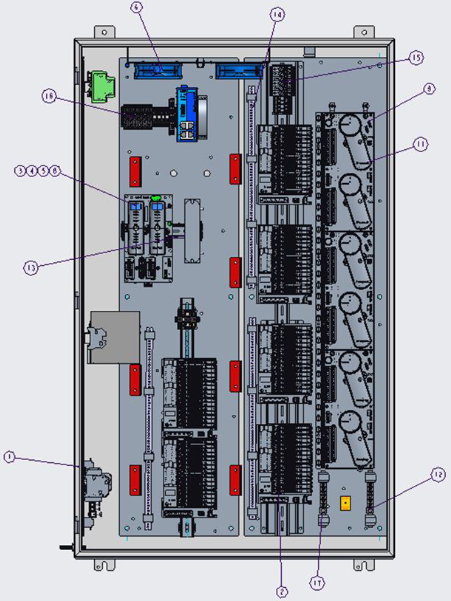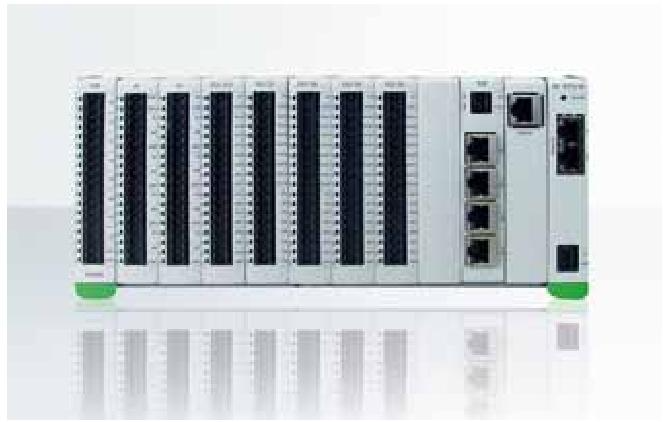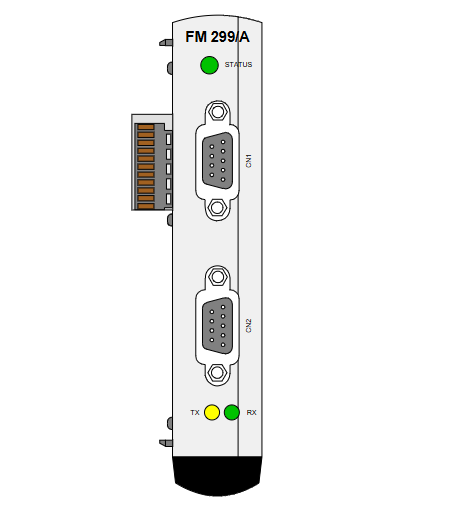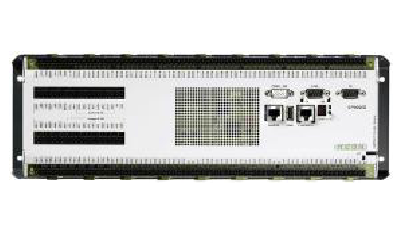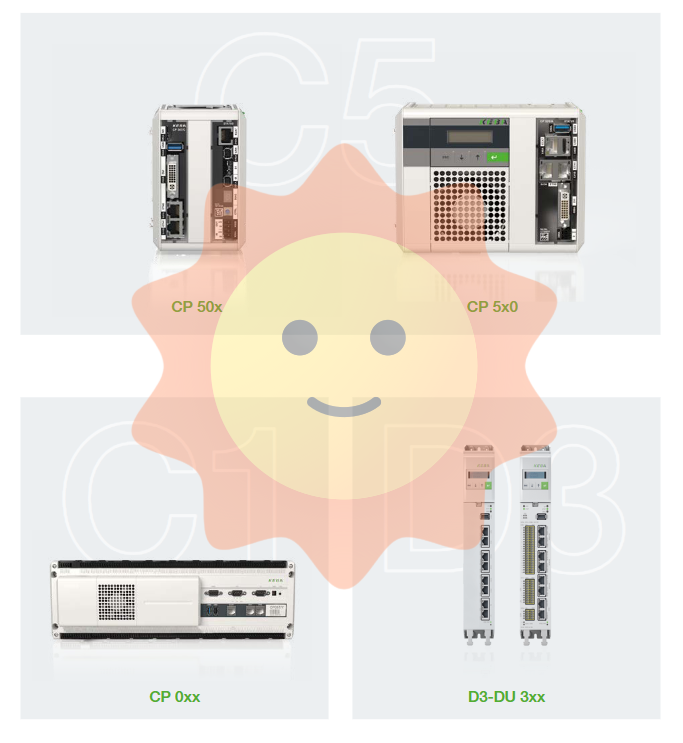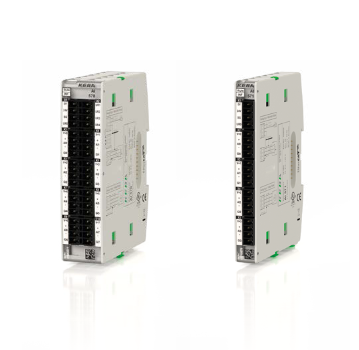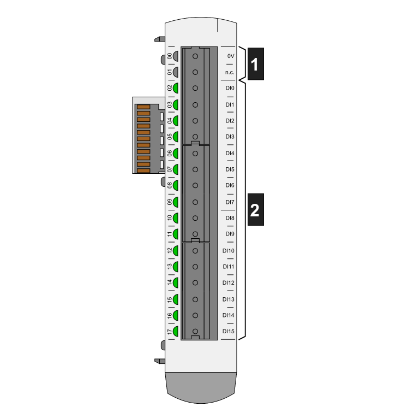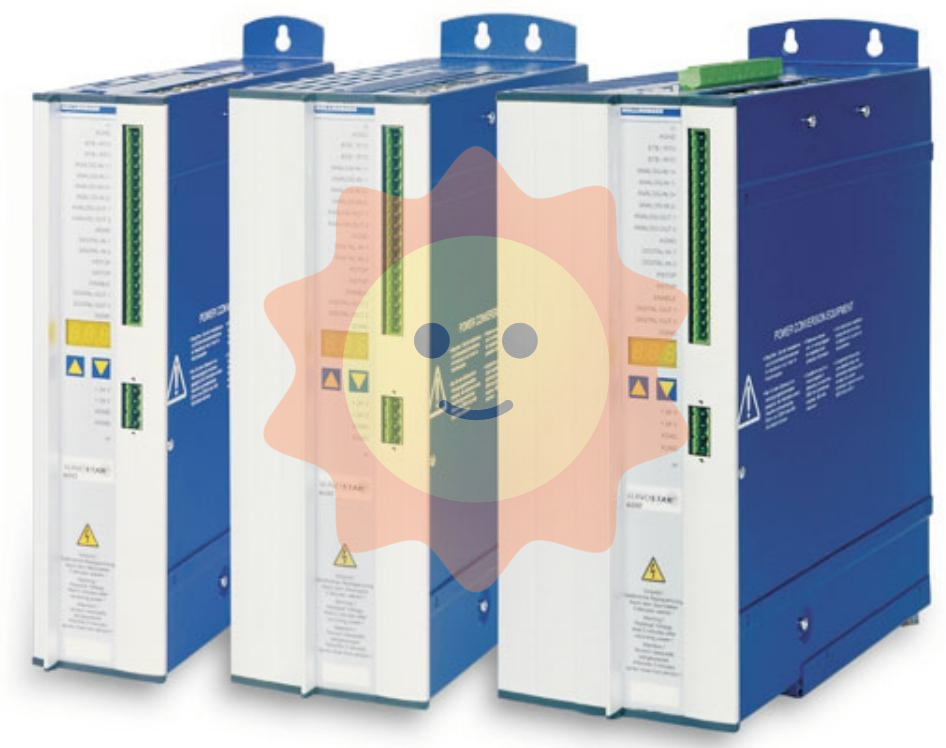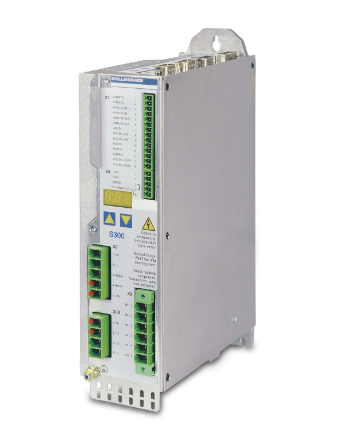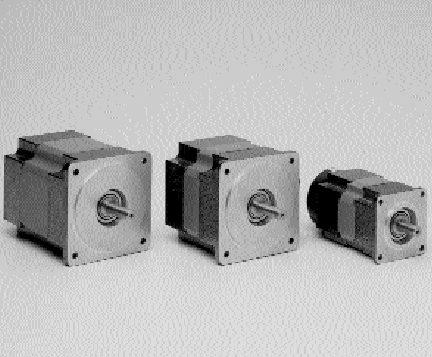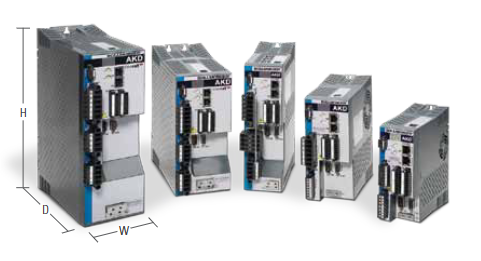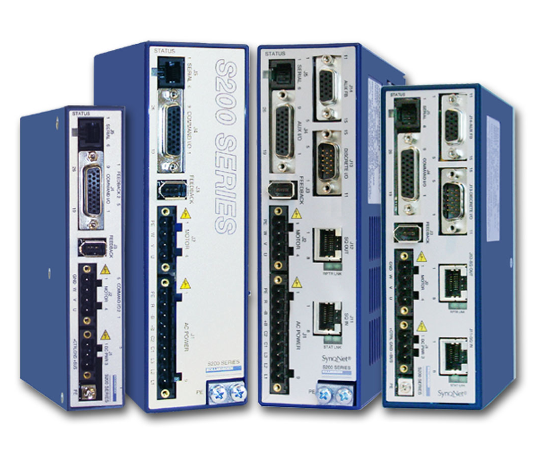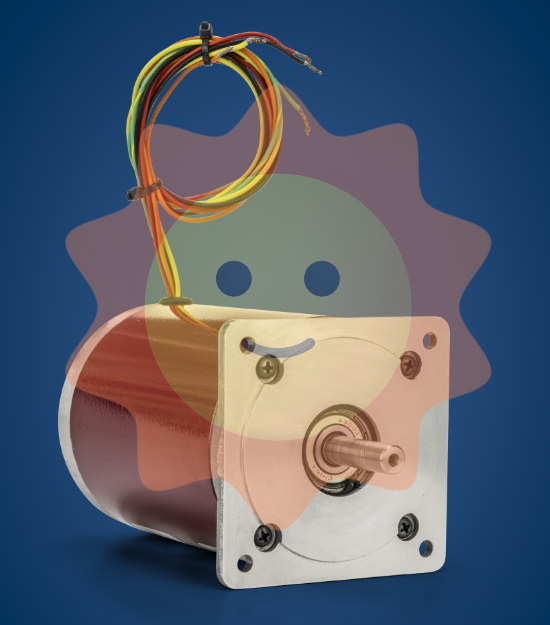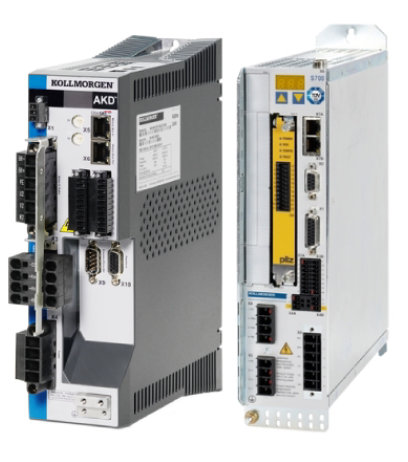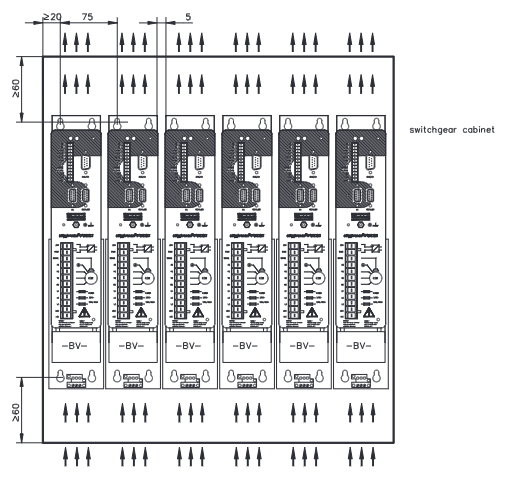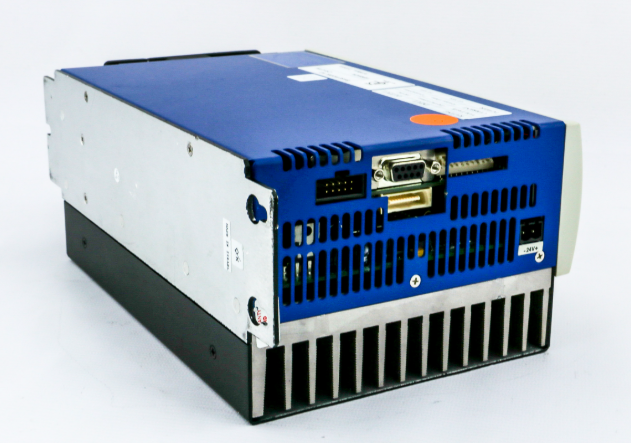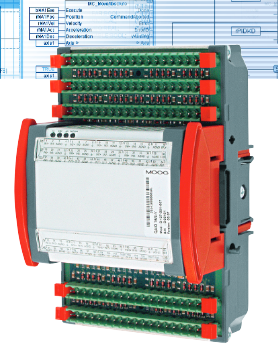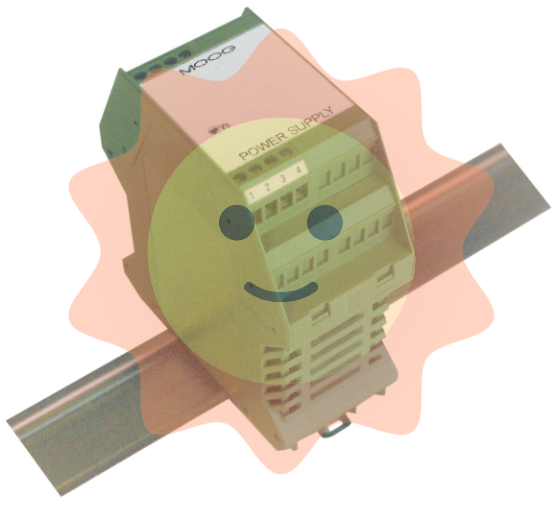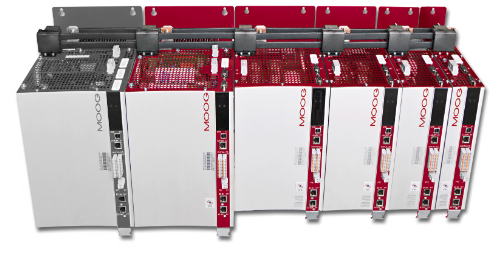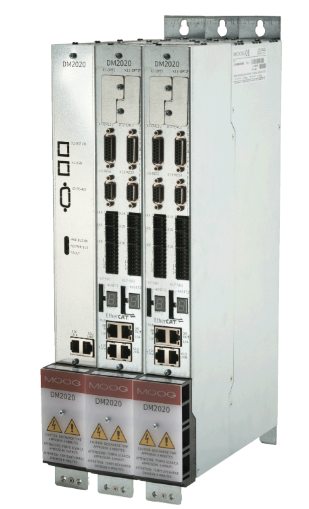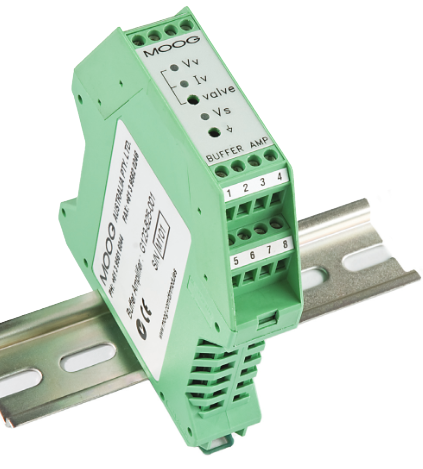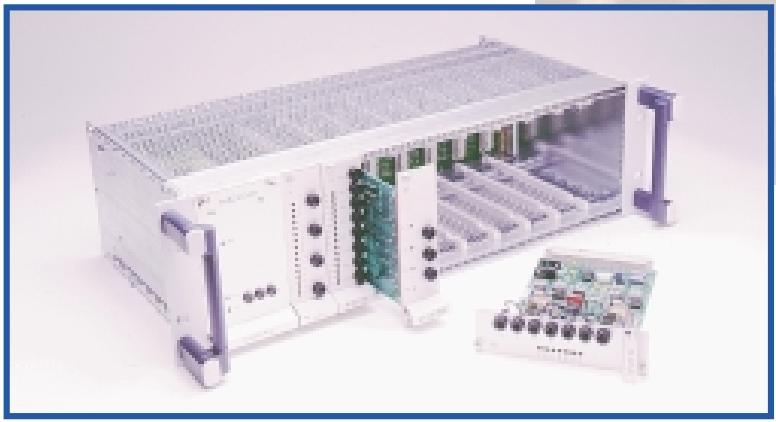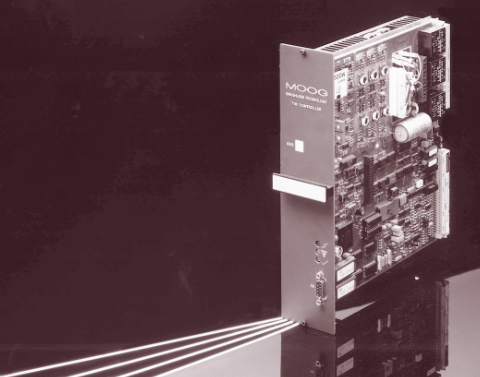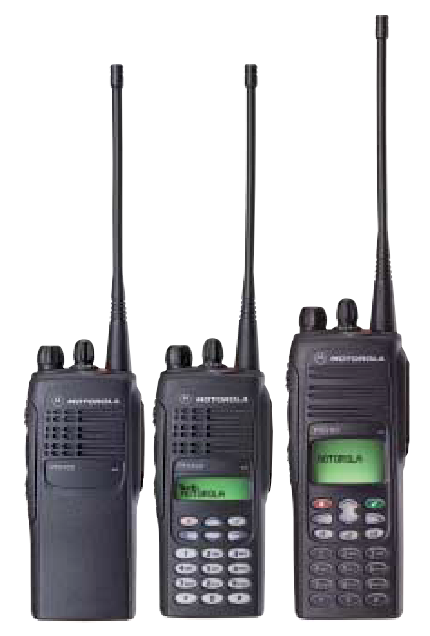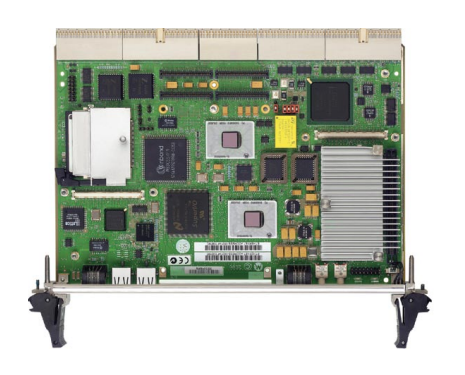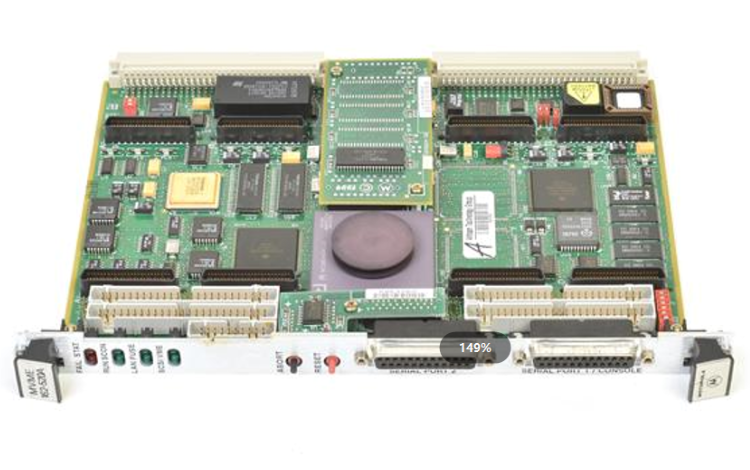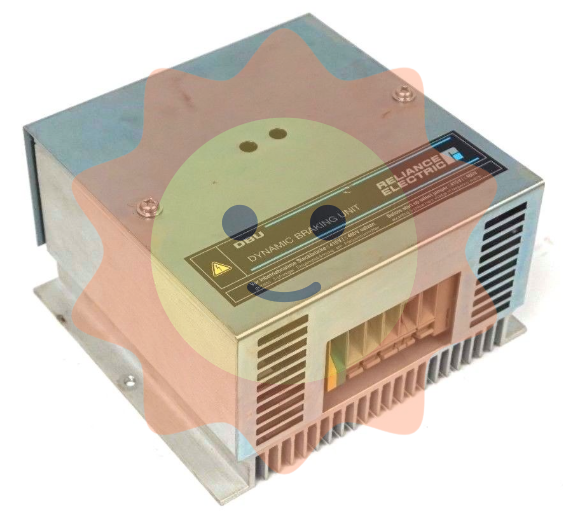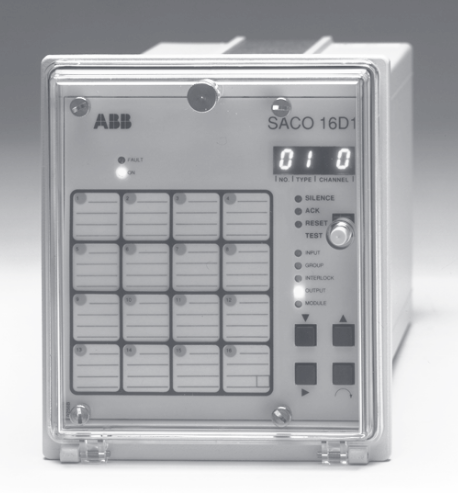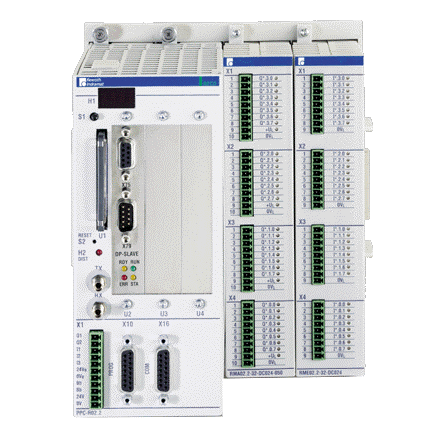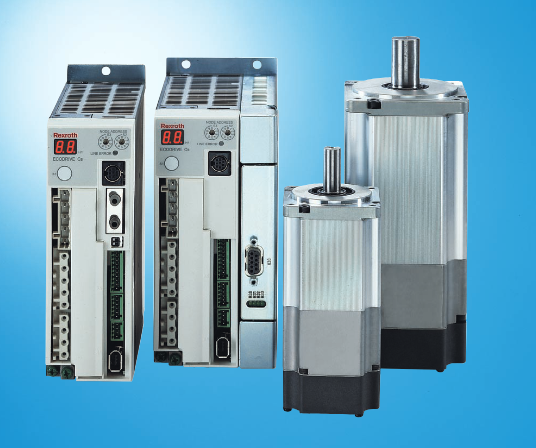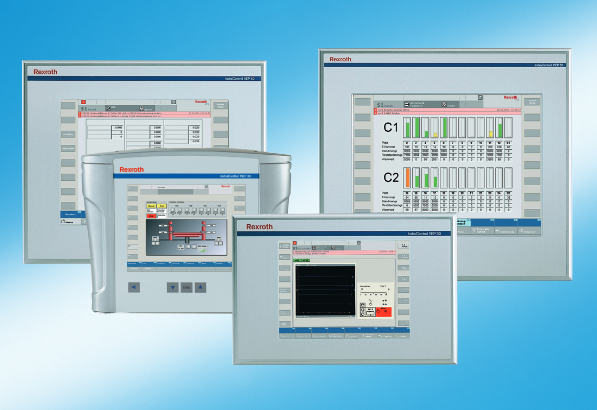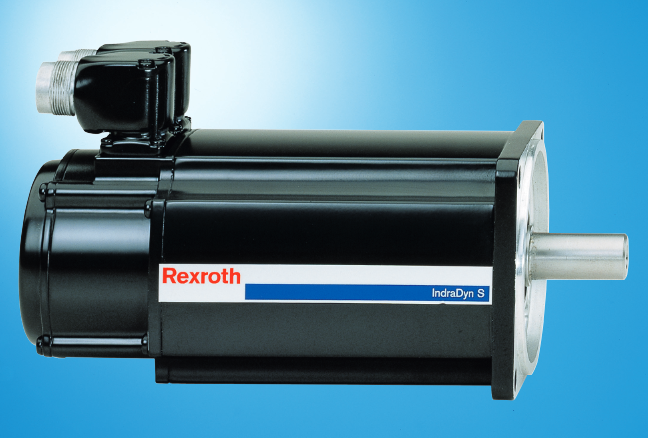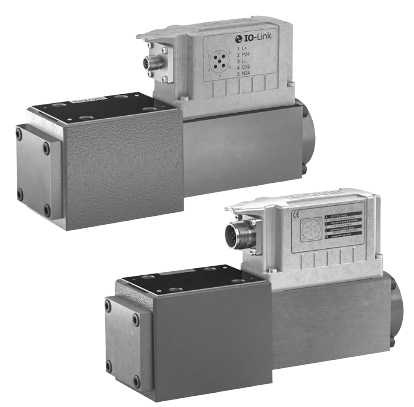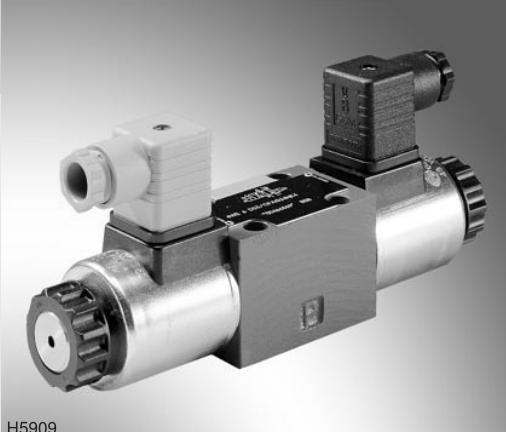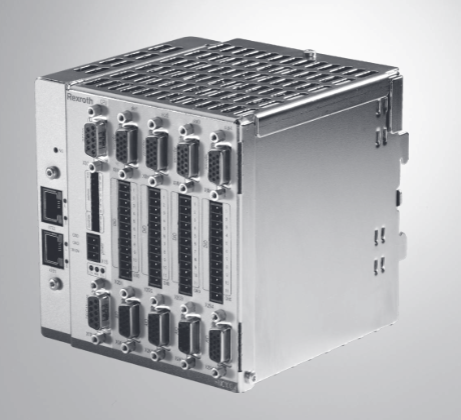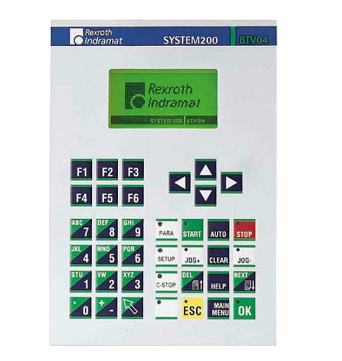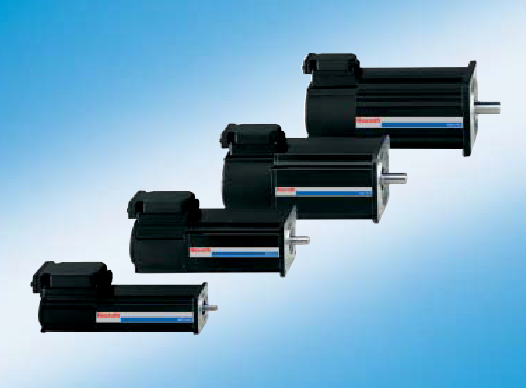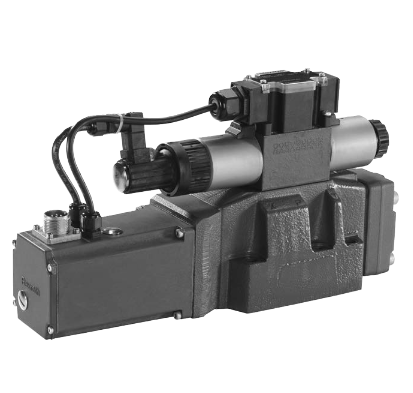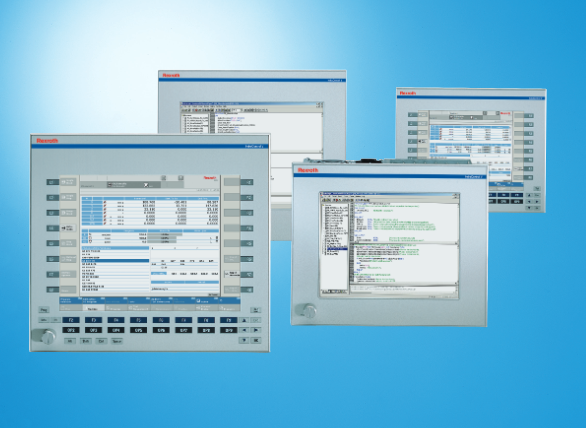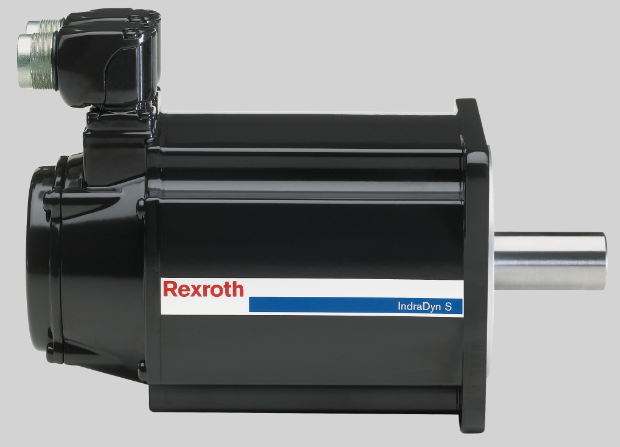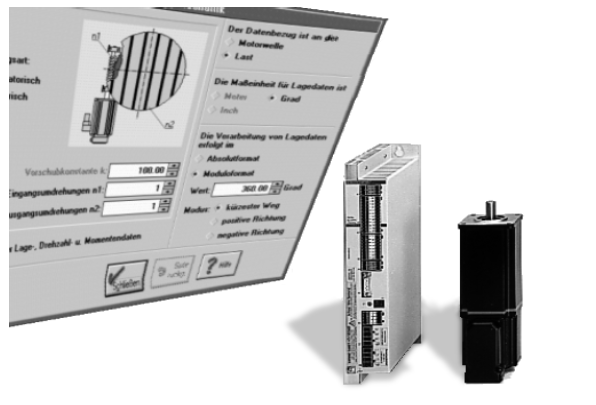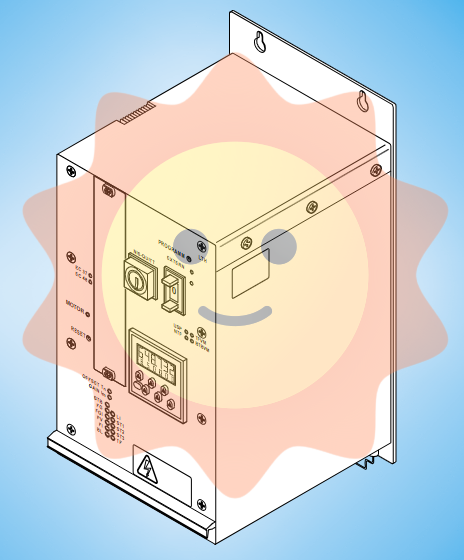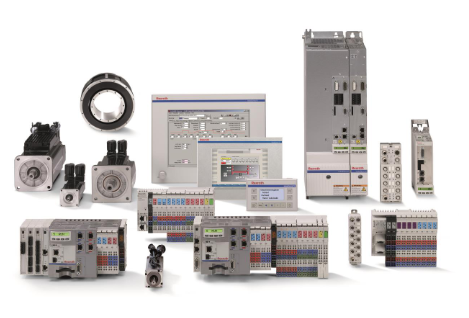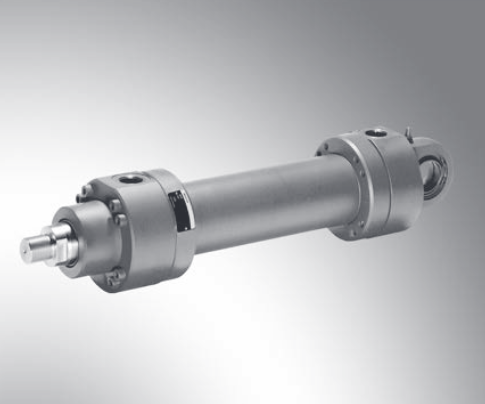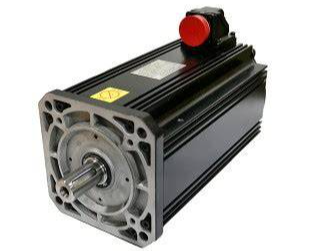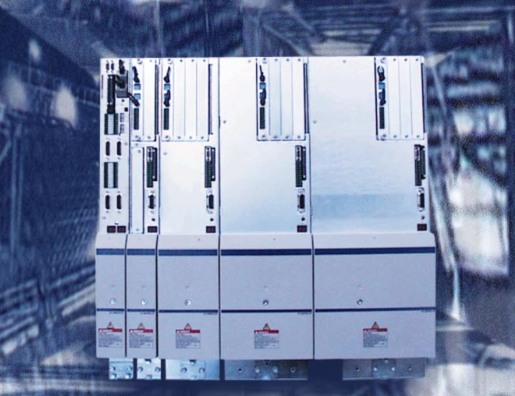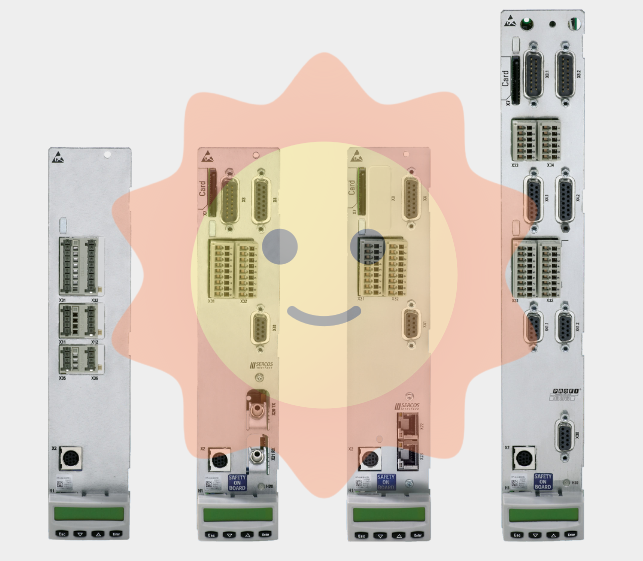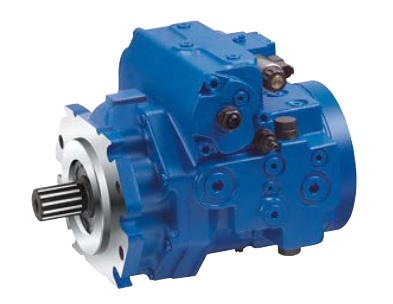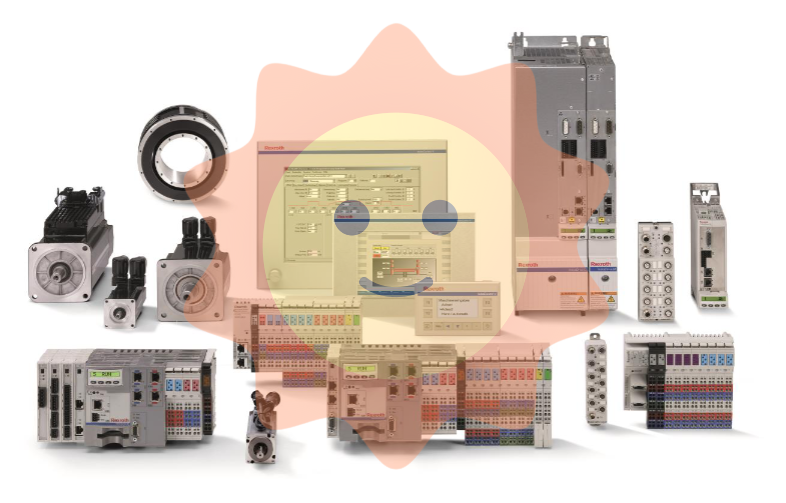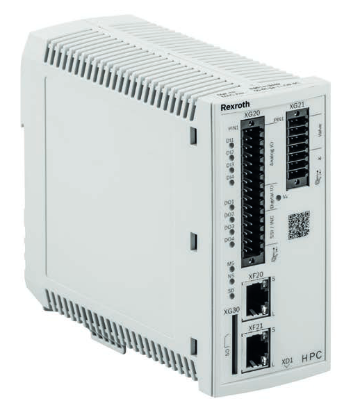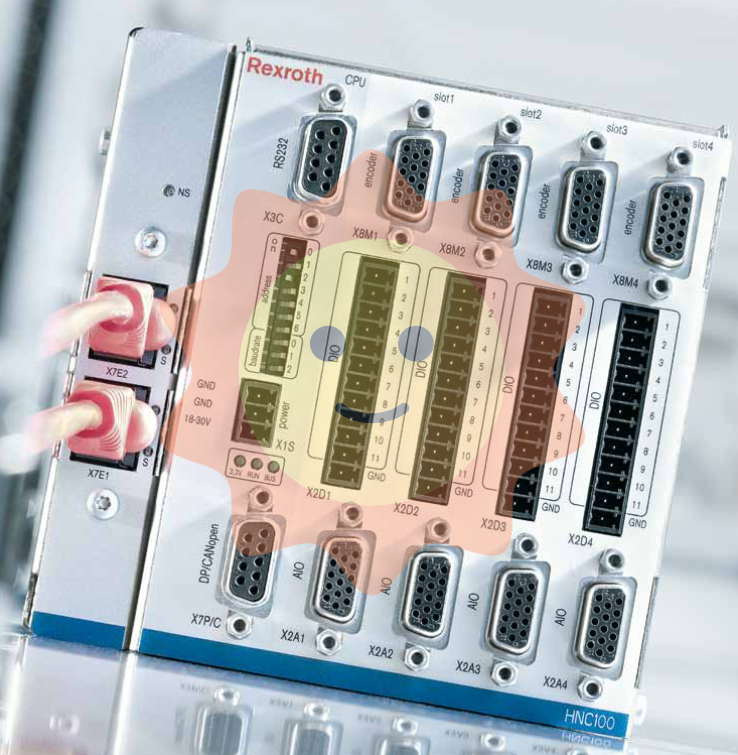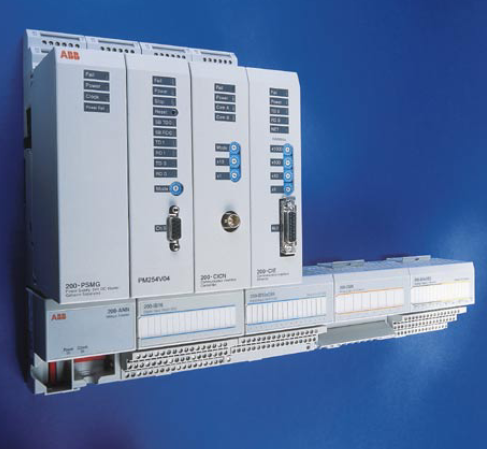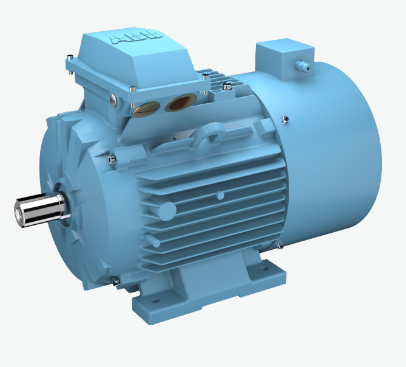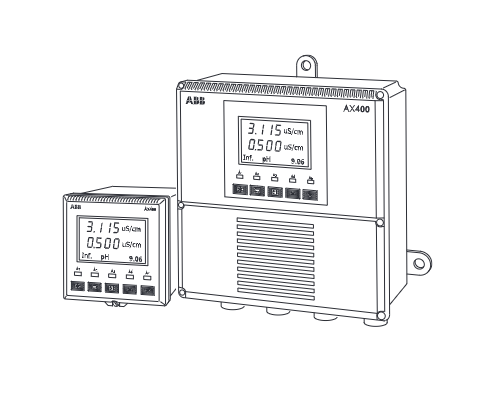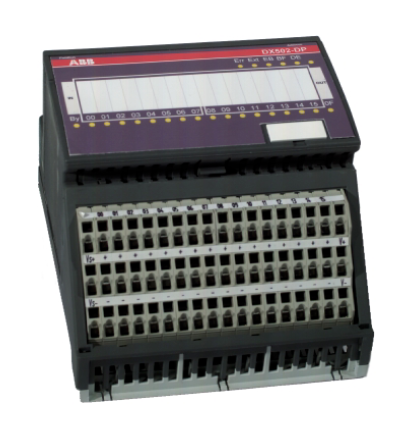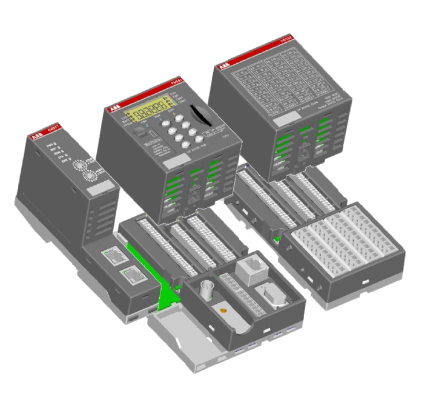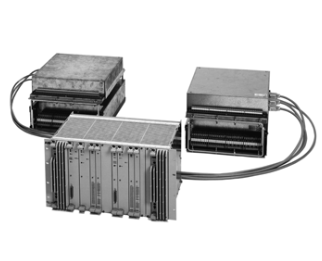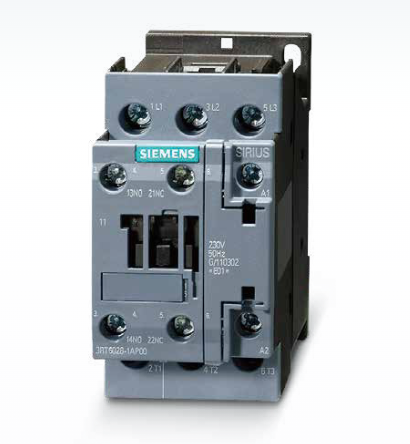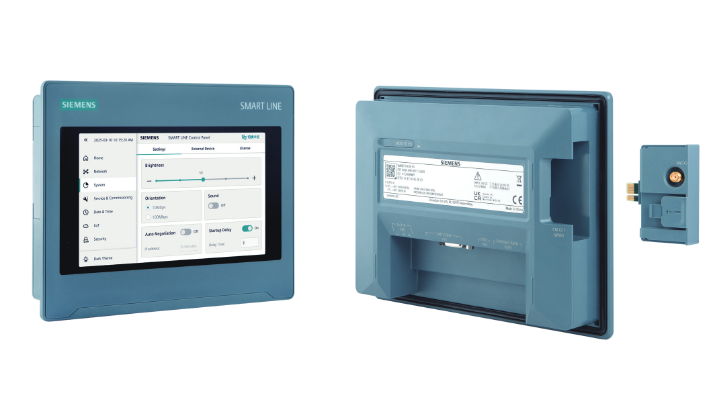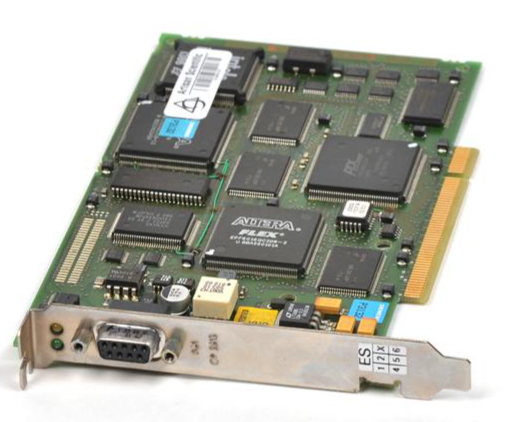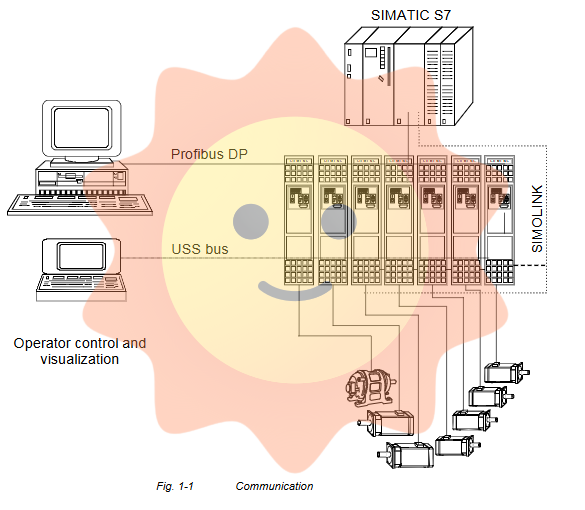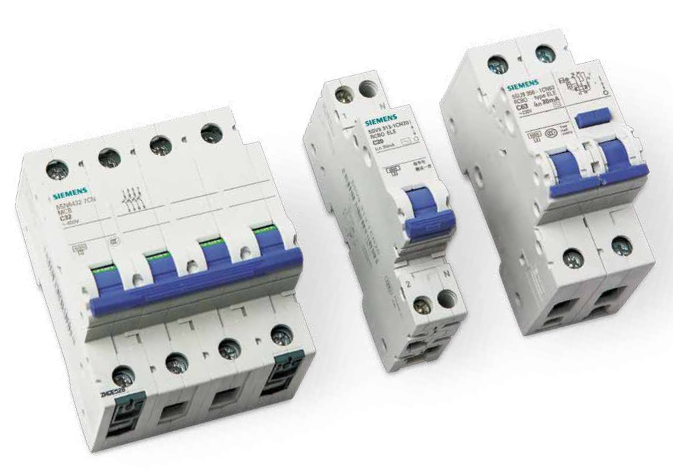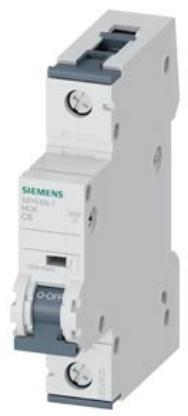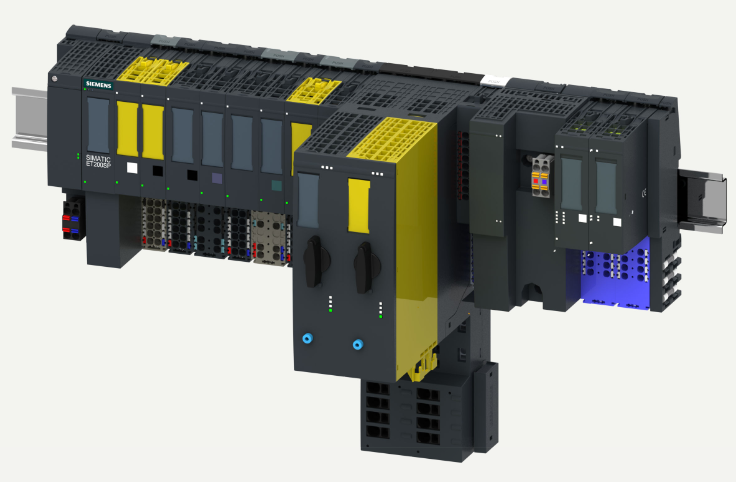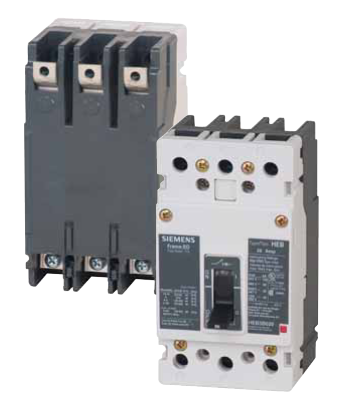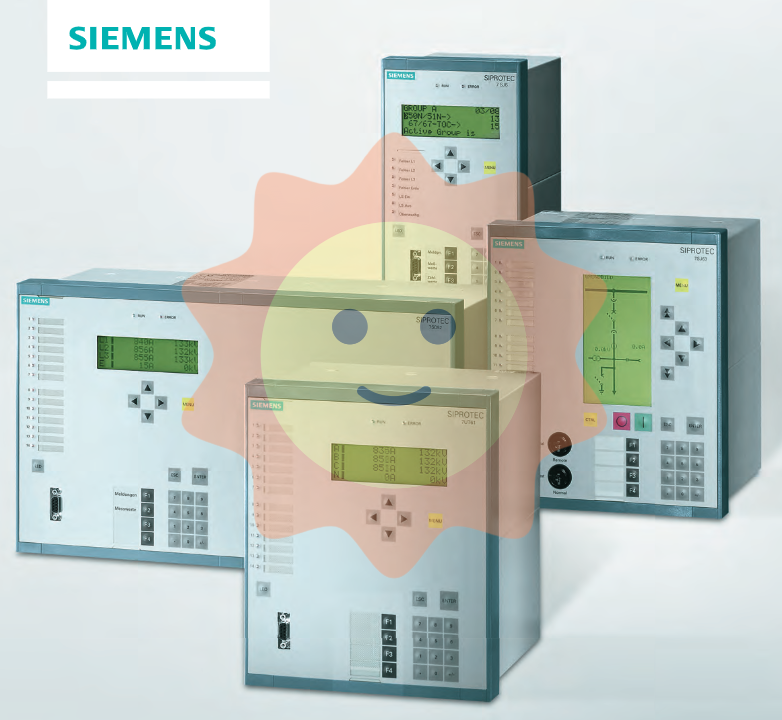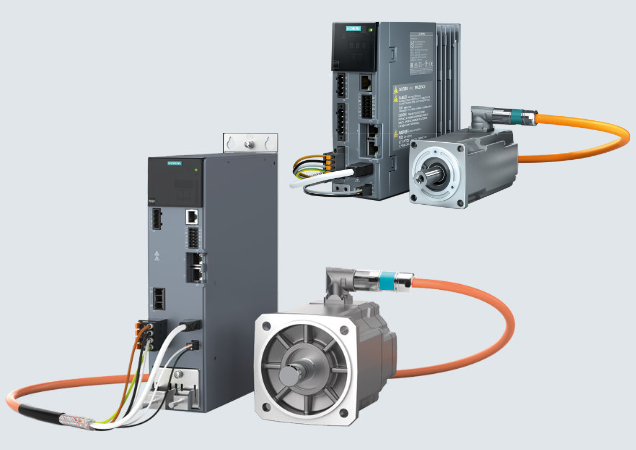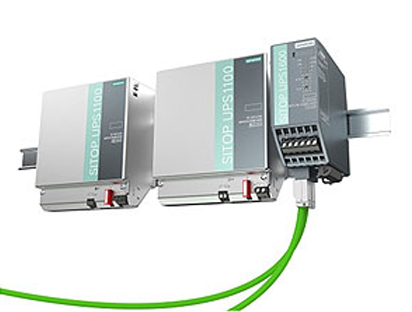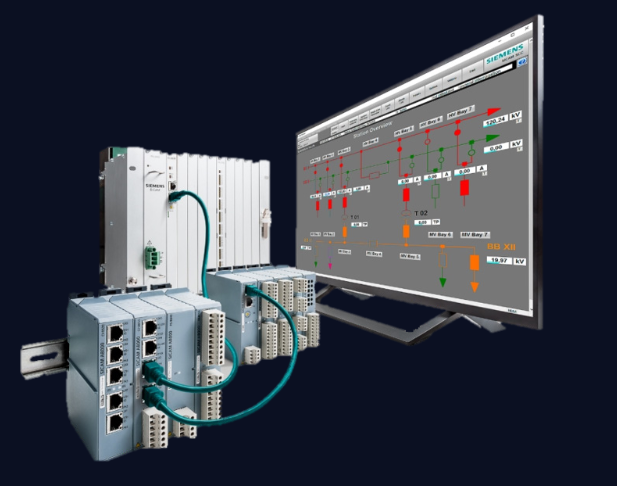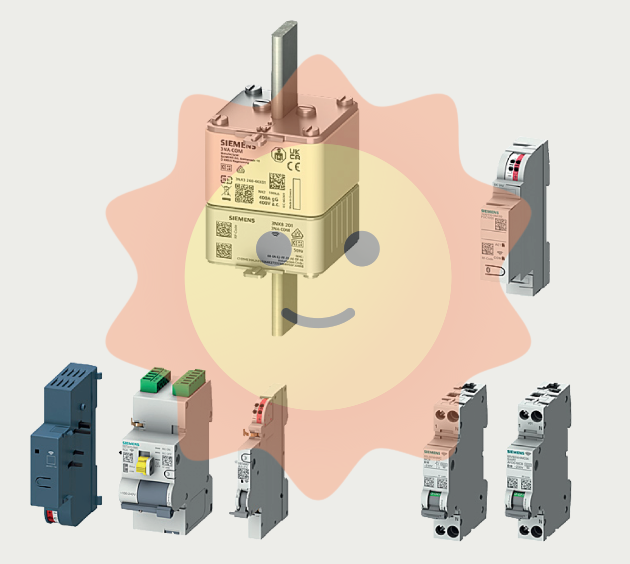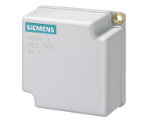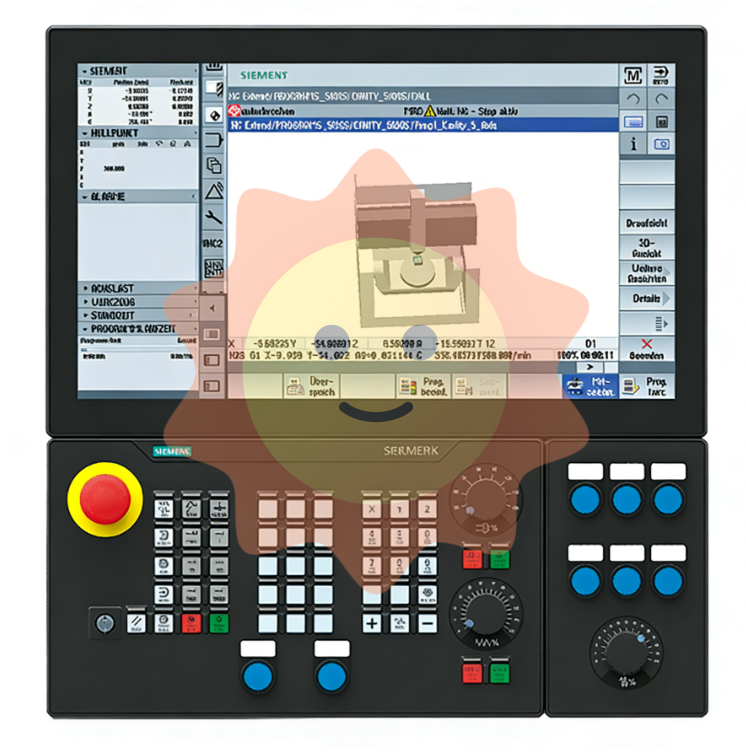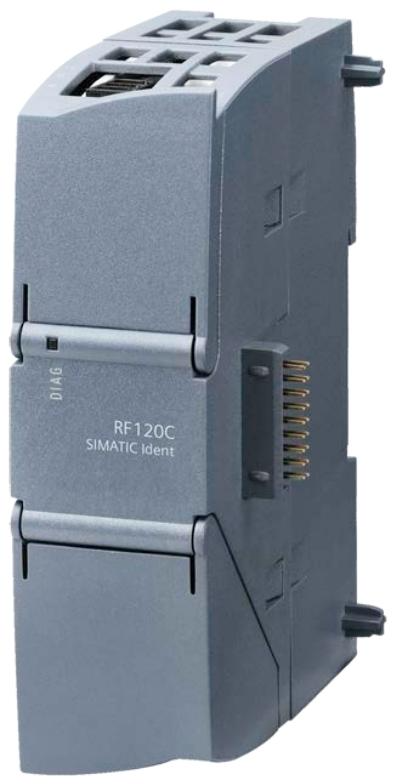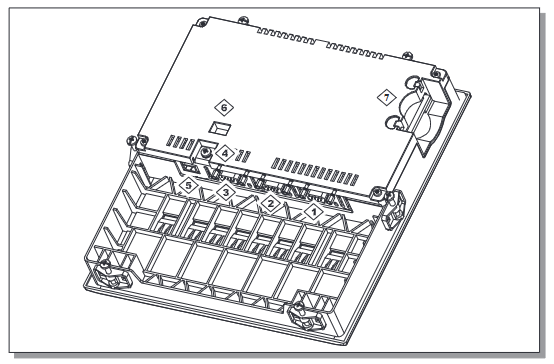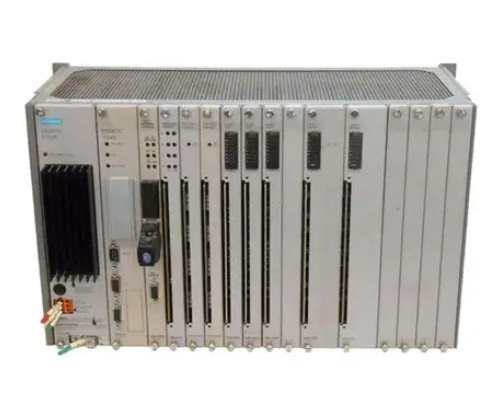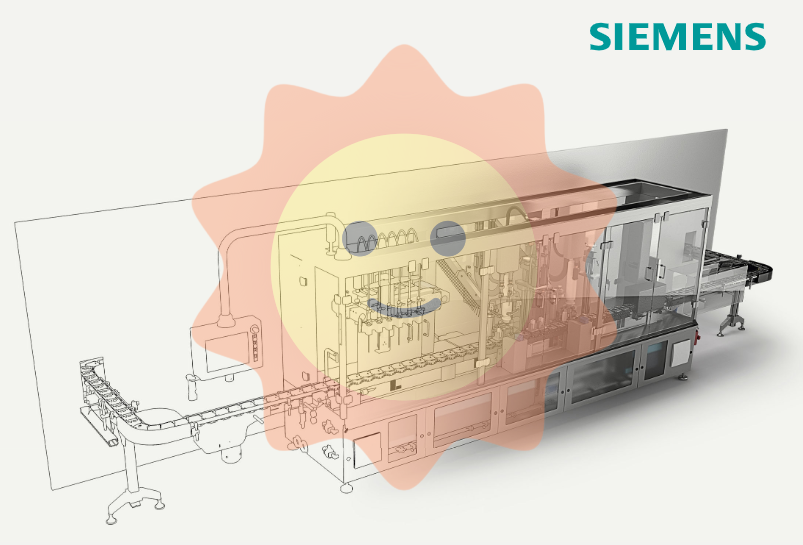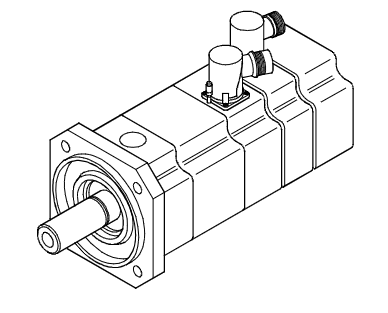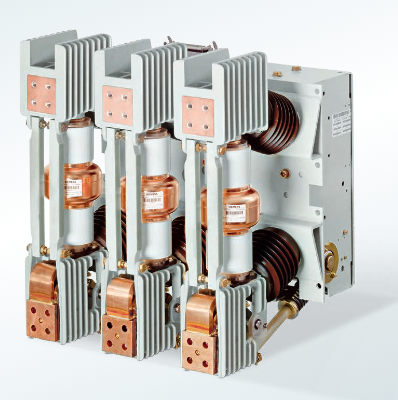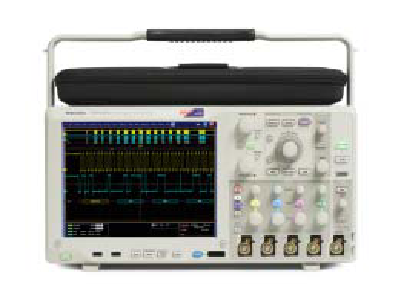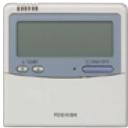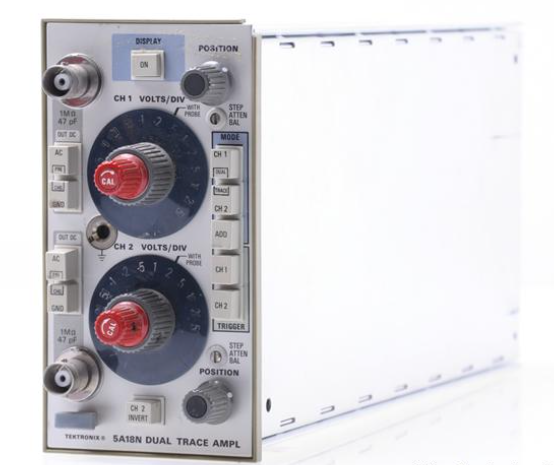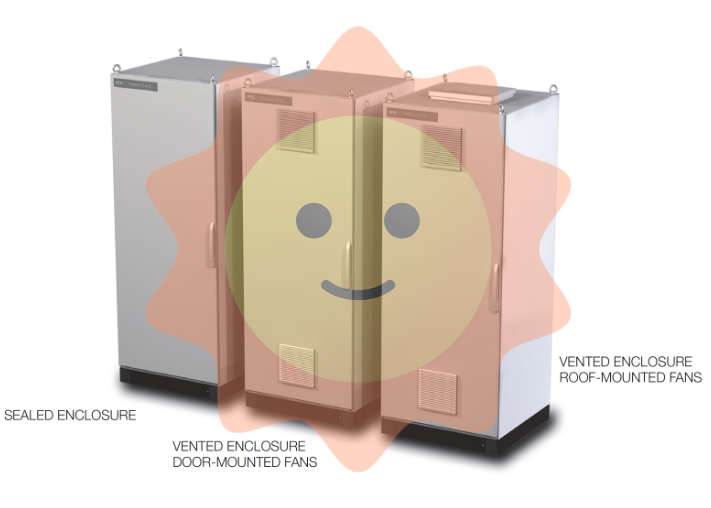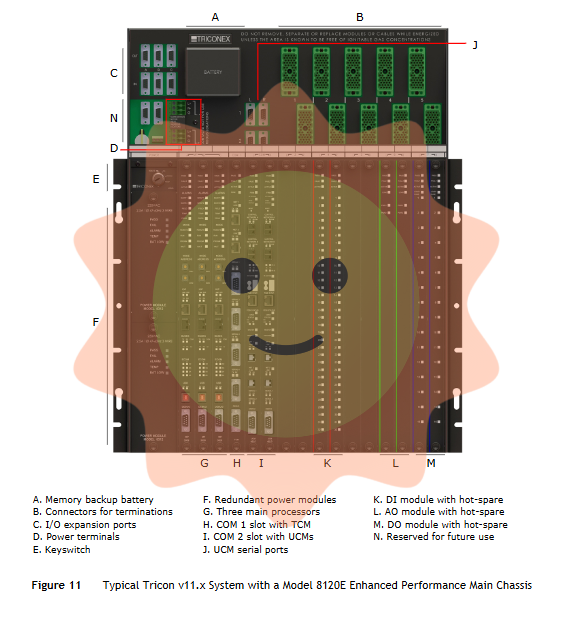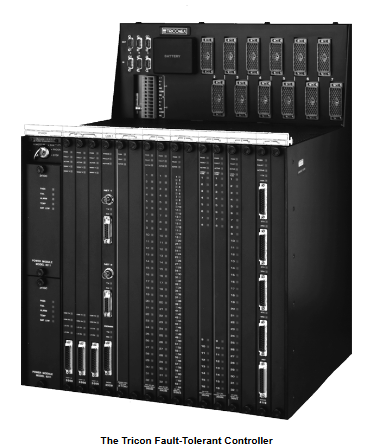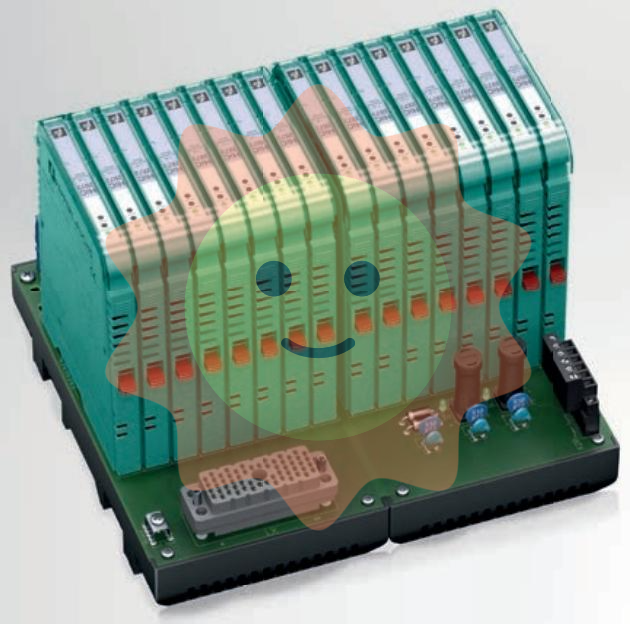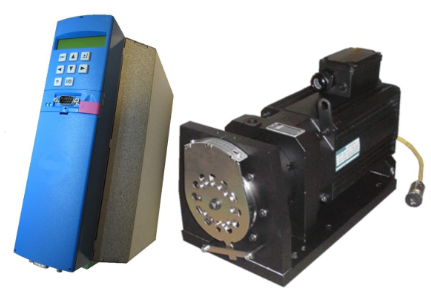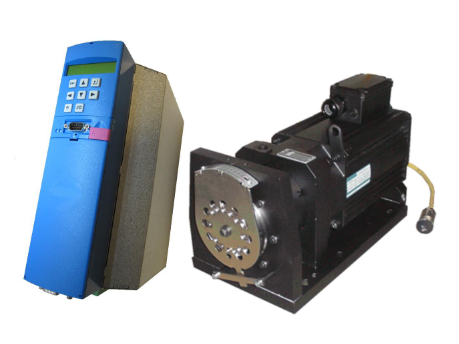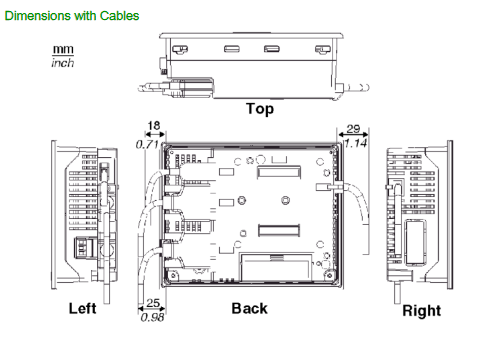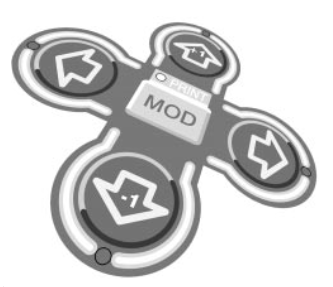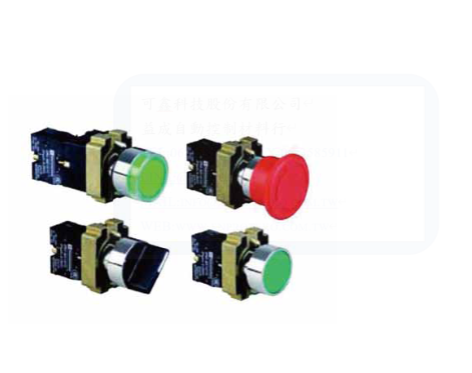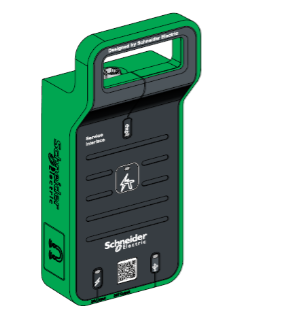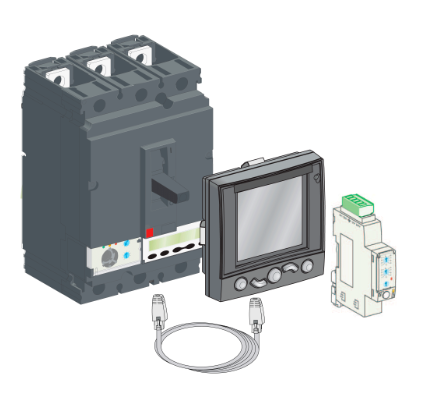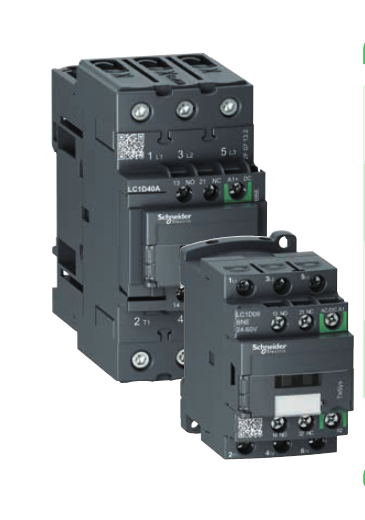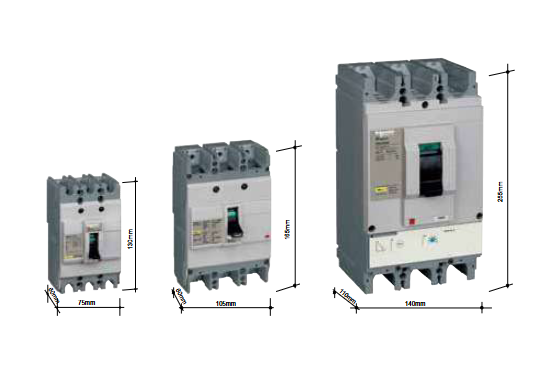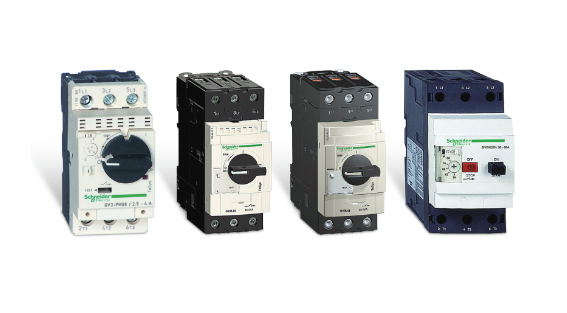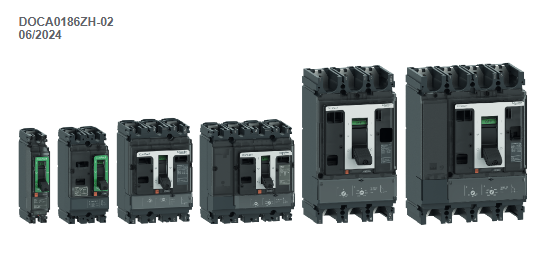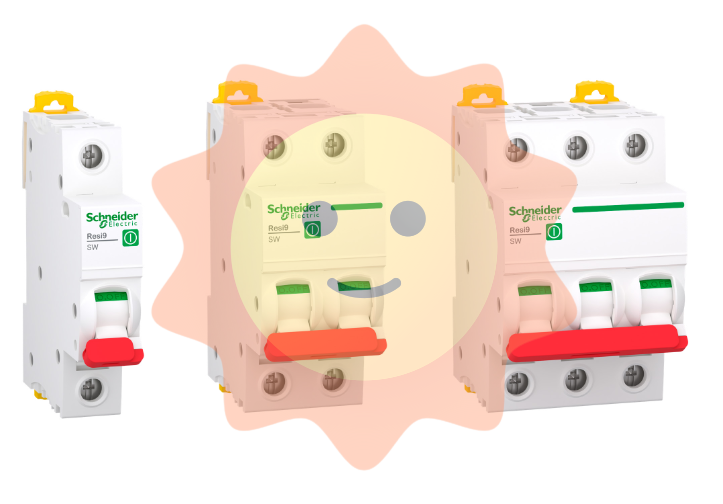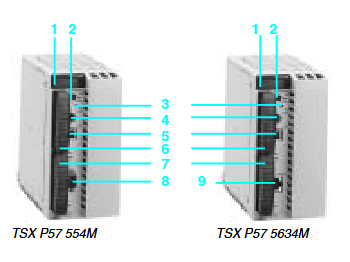ABB PFTL 211CE PillowBlock Load cells
ABB PFTL 211CE PillowBlock Load cells
Overview of ABB PFTL 211CE Pillow - Block Load Cells
The ABB PFTL 211CE Pillow - Block Load Cells are precision - engineered devices used for force measurement in various industrial applications. They are designed to provide accurate and reliable measurements of forces exerted on equipment such as conveyor belts, rollers, and other machinery components.
Design and Construction
Pillow - Block Style
The pillow - block design is a key feature of these load cells. This design allows them to be easily integrated into machinery setups where there is a need to measure forces between rotating shafts and their supporting structures. The load cells are typically mounted in a way that they can directly sense the forces transmitted through the bearings, providing a practical solution for measuring forces in real - time.
Material and Build Quality
These load cells are made of high - quality materials to ensure durability and resistance to harsh industrial environments. The construction materials are carefully selected to withstand factors such as vibration, shock, and exposure to chemicals or dust. This robust construction enables them to operate reliably over an extended period, minimizing the need for frequent maintenance or replacement.
Functionality and Working Principle
Force Sensing
The PFTL 211CE load cells operate based on a strain - gauge or other force - sensing principle. When a force is applied to the load cell, it causes a deformation in the sensing element. This deformation is then converted into an electrical signal that is proportional to the magnitude of the applied force. For example, in a conveyor belt system, as the weight of the conveyed material exerts a force on the rollers, the load cell senses this force and generates a corresponding electrical signal.
Signal Output and Interface
The load cells produce an electrical output signal that can be used to monitor and control the force - related processes. The output signal is usually in a standard format such as 4 - 20 mA or 0 - 10 V, which is compatible with a wide range of industrial control systems and data - acquisition devices. This allows for easy integration into existing automation and monitoring systems, enabling operators to keep track of the forces in the equipment and take appropriate actions when necessary.
Technical Specifications
Rated Load Capacity
The PFTL 211CE load cells have a specific rated load capacity, which defines the maximum force they can accurately measure. The rated load capacity varies depending on the specific model and application requirements, but it is typically in a range suitable for a wide variety of industrial force - measurement scenarios. For example, the rated load capacity could be several tons to accommodate the forces in heavy - duty conveyor systems.
Accuracy and Linearity
These load cells offer high accuracy and linearity in force measurement. The accuracy is usually specified as a percentage of the full - scale reading, ensuring that the measured force values are reliable and precise. Linearity refers to the relationship between the input force and the output signal, and a high linearity indicates that the output signal is a consistent and accurate representation of the applied force over the entire measurement range.
Overload Protection
To safeguard against accidental overloading, the load cells are equipped with overload protection mechanisms. The overload capacity is designed to handle short - term force peaks that may exceed the rated load without causing permanent damage to the load cell. This feature is crucial in industrial environments where sudden force spikes can occur due to factors such as equipment start - up, jamming, or impact.
Applications
Conveyor Belt Systems
In material - handling applications, the PFTL 211CE load cells are used to monitor the load on conveyor belts. By measuring the forces exerted on the conveyor rollers, operators can ensure that the belt is not overloaded, which could lead to belt damage or reduced efficiency. The load cells can also be integrated into a control system to automatically adjust the conveyor speed based on the load, optimizing the material - handling process.
Roll - Forming Machines
In roll - forming processes, these load cells are used to measure the forces acting on the rolls. This information is valuable for controlling the roll - forming process, ensuring that the correct amount of force is applied to shape the material accurately. By monitoring the forces, operators can also detect any abnormal conditions such as material jams or roll misalignment and take corrective actions promptly.
Crushing and Grinding Equipment
In crushers and grinders, the PFTL 211CE load cells can be used to measure the forces exerted on the crushing or grinding elements. This allows for better control of the process, ensuring that the equipment operates at the optimal force level to achieve efficient material reduction. The load cells can also provide early warning of overloading or equipment malfunction, helping to prevent costly breakdowns.

- User name Member Level Quantity Specification Purchase Date
- Satisfaction :
-










